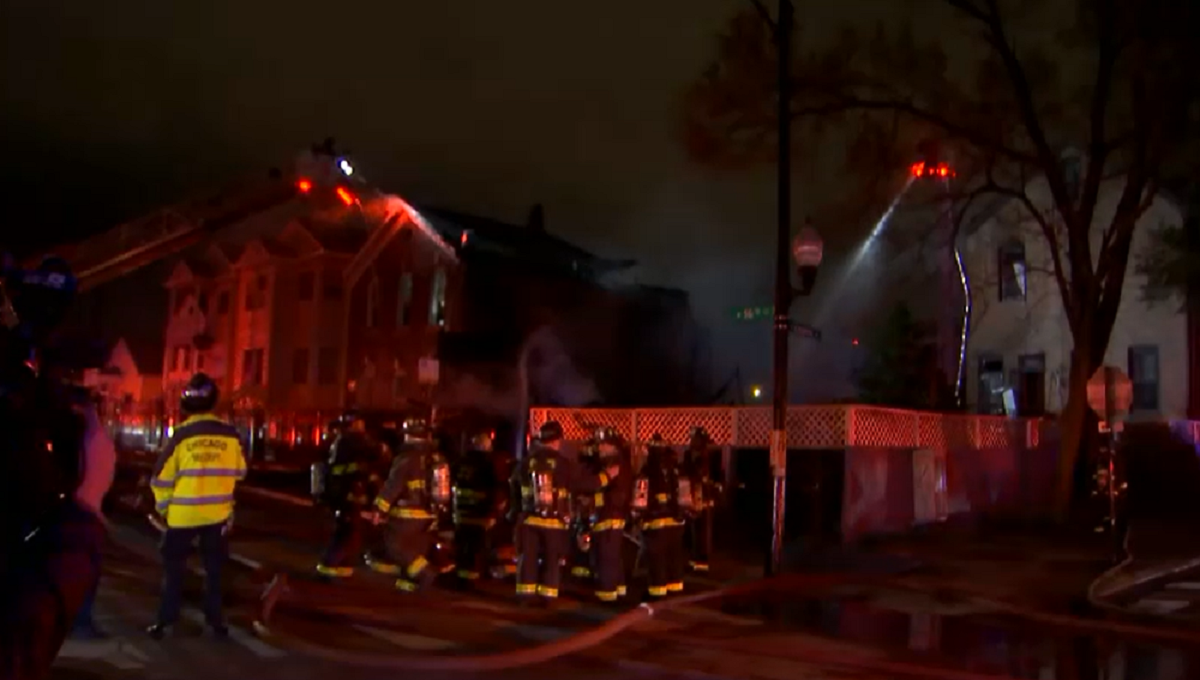Gov. Bruce Rauner has an answer to the state Capitol budget impasse: adopt five "structural reforms" that make it cheaper to do business in Illinois.
House Speaker Michael Madigan of Chicago calls the proposals "extreme" and anathema to legislative Democrats. Even though the budget plan they sent to the Republican governor was short on revenue by up to $4 billion, they said it protected vital services and implored him to deal with spending before pressing his "turnaround agenda."
Rauner vetoed the bulk of it last week. Wednesday's debut of the 2016 fiscal year — and the threat of disrupting some state services — looms large.
The new governor has whittled his dozens of bold, far-reaching and conservative initiatives to a handful: a property tax freeze, restrictions on liability lawsuits, compensation for injured workers, term limits for lawmakers and a fair method for drawing officeholders' districts.
"Take everything else off the table," Rauner said earlier this month, "and it's in exchange for those five real reforms that we'll negotiate in good faith about a truly balanced, constitutional budget."
But there's some fine print, too. Here's a breakdown of some of those proposals:
Controls on Union Negoations
Local
Freezing property taxes alone, Rauner says, is "no real reform." As part of curtailing the amount of money local governments can get from real estate taxes each year, he wants to give local governments more spending control.
He'd allow them to limit employee-contract negotiation topics and permit them to opt out of paying locally established prevailing wages on construction projects, the latter of which has become a conservative priority in statehouses around the country.
Limiting negotiations would save money by barring haggling over health insurance benefits, private contracting, staffing levels, classroom curriculum and more, Rauner says.
Illinois AFL-CIO President Michael Carrigan argues it also would stifle money-saving suggestions from those who observe operations daily.
"In many instances, the workforce provides valuable input in the delivery of services, improving efficiency and stopping risky privatization schemes that beg input from all stakeholders to protect taxpayer investment," Carrigan said in a statement.
Lawsuit "Venue Shopping"
Across the Mississippi River from St. Louis sits Madison County, notorious among justice-system reform groups as a plaintiff's paradise where juries hand out huge awards to litigants claiming injury from asbestos or corporate negligence — even when the parties and the incident have only a tenuous connection to Illinois. Rauner wants to end such "venue shopping."
The Illinois Supreme Court limited the practice in a 2013 decision, but the "standard, go-to tort reform" has been ignored, Darren McKinney of the American Tort Reform Association said.
Eleven states have banned forum shopping, including neighboring Missouri, and instead require lawsuits to be filed in a state where the plaintiff or defendant lives, where a business is headquartered or where an accident or injury occurred.
Defendants can challenge the location where they're sued, according to Illinois Trial Lawyers Association President Perry Browder, but McKinney noted such requests are so routinely rejected in places such as Madison County that defense attorneys quit making them.
Liability Lawsuit Changes
In Illinois, like most states, a defendant who is found responsible for only a portion of an injury can be forced to pay all of the damages awarded if he or she has the deepest pockets. Such joint and several liability situations can drive up business costs, such as for insurance.
Browder, in an opinion piece this month in the Rockford Register Star, said alternative arrangements, such as requiring each defendant to pay only his portion, could leave an injured victim without his full damage award entitlement. Under the Illinois system, Browder wrote, "It is the responsibility of the defendants to work together to determine their respective proportions of liability and payment" to ensure full compensation for the injury.
"Causation" in Workers' Injuries
Rauner complains that Illinois' no-fault program for compensating workplace injuries — a decades-old agreement meant to keep cases from clogging courts — is too lax. He wants to curb several areas of the law.
Democrats did change the rules in 2011, and the Rauner administration says total benefit payments have decreased 19 percent since then. But Rep. Jay Hoffman, a Swansea Democrat and expert on the subject, acknowledges insurance premiums haven't fallen correspondingly.
One of Rauner's major demands, causation, would compensate injuries only if "the major contributing cause of the injury was work-related." That would match the nation's toughest standards, according to Democrats, who offered to put into law recent state Supreme Court decisions that set criteria about "risk connected to the employment."
"People who are injured on the job in Illinois are likely to get a reasonably fair shake in terms of compensation," said House Majority Leader Barbara Flynn Currie, a Chicago Democrat, "and people who are injured on the job in Indiana and Missouri are likely to go on welfare."



